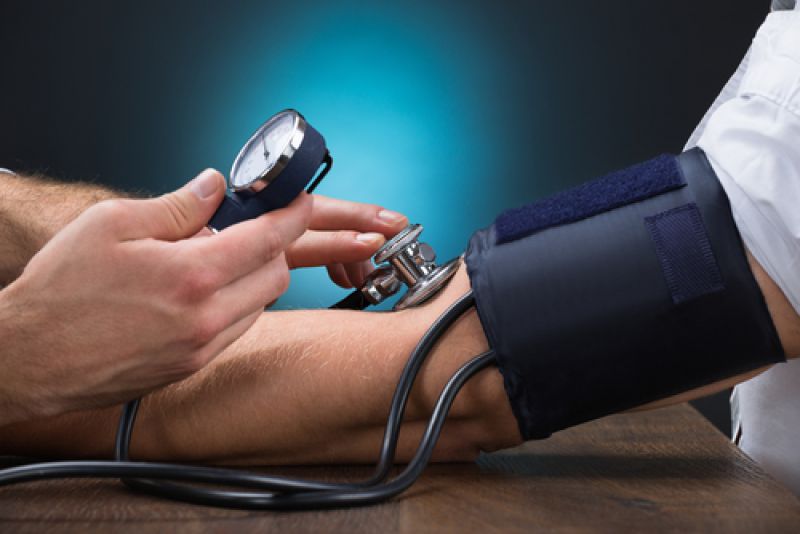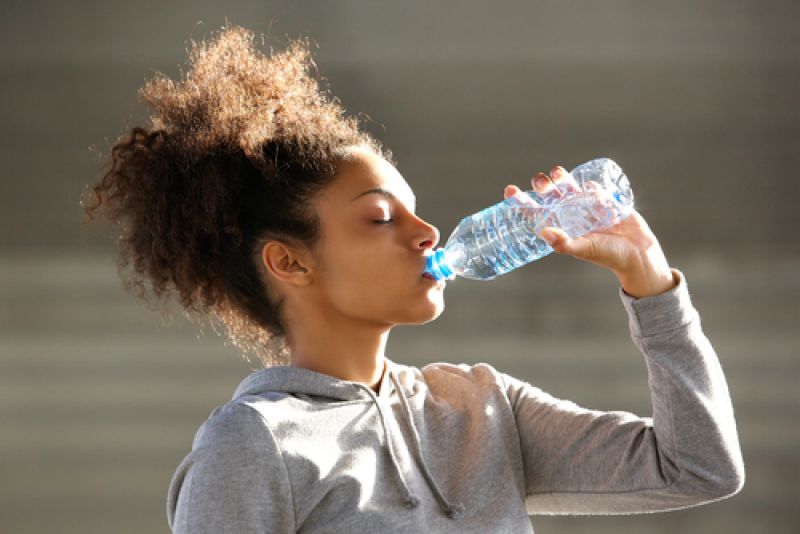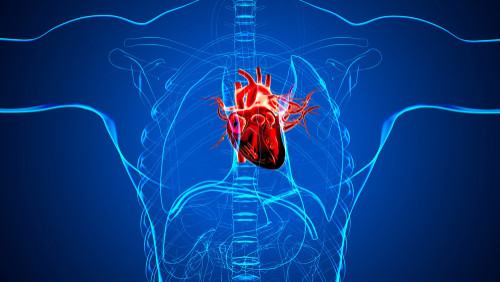When we think about keeping fit, most of us focus on our external physical appearance, shape, weight, strength or muscular definition. We tend to ignore those vital bodily parts, such as our brain, heart, liver, kidneys, bladder and lungs. Yet, although they may not be pretty, the health of these organs is essential to our wellbeing, and there may be very serious consequences indeed if we don’t look after them.
The starting point for maintaining healthy internal organs is weight control. Too much fat, particularly around your waistline, is linked to heart disease and type 2 diabetes. If your waist measurement exceeds 94cm (for men) or 80cm (for women) you should try and lose weight through healthy eating (a diet largely based on colourful fruit and vegetables) and regular exercise – something that makes you moderately breathless.
And here are a few other tips to make sure these unseen parts of your body keep functioning as well as possible throughout your entire lifetime: -
The Brain
- Embrace activities that challenge your brain, such as puzzles, discussions, hobbies and engagement with what’s happening in the world around you. An active mind may help protect you against degenerative brain diseases, such as dementia.
- Practise mindfulness and meditation to improve your memory, reduce stress and increase your empathy with others.
- Eat slow-release carbs, such as oats, wholemeal bread and brown rice, which release glucose into your bloodstream slowly, aiding concentration, stabilizing your mood and staving off hunger pangs.
- Get enough sleep – seven or more hours a night. According to the Sleep Research Society, regular lack of sleep can “age” your brain by several years.
- Include aerobic exercise in your workouts to protect your memory and sharpen your thinking. Regular exercise is linked to growth of the hippocampus, which plays an important role in short and long term memory and spatial memory, which facilitates navigation.
 The Heart
The Heart
- Eat a high-fibre diet, rich in whole grains, fruit and vegetables, which lower cholesterol and significantly reduce your chance of developing cardiovascular disease.
- Exercise briskly, so your heart beats faster and becomes stronger– try HIIT, cycling, running or hill walking.
- Cut down on saturated fats and choose polyunsaturated ones to reduce the cholesterol in your blood. Choose oily fish, which contain healthy fats, and make sure you eat enough calcium-rich foods like low-fat yoghurt, almonds, sweet potatoes and beans. These aid the heart’s normal beating and pumping action.
The Liver
- Reduce your alcohol intake. Booze can seriously damage your liver and put you at risk of injury and cancer so stick to NHS guidelines nhs.uk/new-alcohol-advice
- Drink coffee in moderation - 3-5 cups per day has been shown to lower the risk of liver disease in a World Health Organisation study.
 The Kidneys
The Kidneys
- Monitor your blood pressure (see our blog fitness4less.co.uk/blog/1298/. High blood pressure is linked to kidney disease, so adjust your diet and increase your activity levels if this is a problem.
- Reduce your salt intake. Too much salt in your bloodstream causes your body to retain water and hampers the kidneys’ ability to remove this.
- Eat a Mediterranean diet, which has been shown in American studies to reduce the risk of kidney disease.
The Bladder
- Base your diet largely on fruit, vegetables and whole grains and reduce your intake of red meat, poultry, bacon, shellfish and alcohol; these “high purine” foods create a large amount of uric acid, which the bladder may find difficult to process, resulting in kidney stones.
- Drink plenty of fluids, especially plain water – 1.2 litres or up to 8 glasses a day.
- Eat blueberries and cranberries, which contain chemicals that prevent bacteria sticking to the walls of the urinary track and causing infections.
- Do pelvic floor exercises to maintain your bladder control – see the NHS website for more details pelvic-floor-exercises
 The Lungs
The Lungs
- Don’t smoke – we should all now be aware of the dangers of smoking and the part it plays in causing lung cancer and heart disease.
- Sing! The controlled breathing required in singing strengthens the lungs. Singing will make you happier, and breathing exercises that completely fill and then empty the lungs of air also improve the lungs’ capacity to take in oxygen, expel stale air and support the diaphragm.
All of us may fall prey to illness at some point in our lives, but by following this advice, you are doing your best to make sure you stay healthy, both inside and out.
![]()
![]()
![]() blog
blog![]()
![]()
![]() blog
blog


